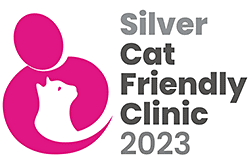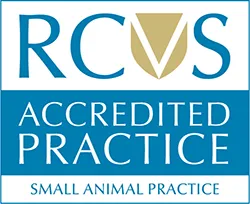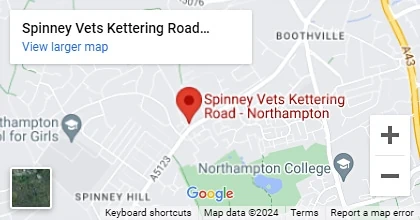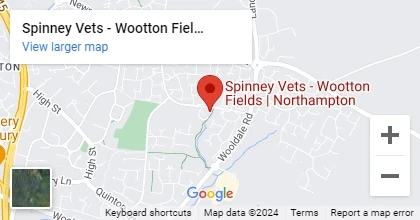Most rabbit owners are aware that they need to get their rabbit vaccinated for myxomatosis, but they may not be aware of another potential threat to their pet — Rabbit Haemorrhagic Disease.
What is Rabbit Haemorrhagic Disease (RHD)?
Sometimes also referred to as rabbit calcivirus disease (RCD) or viral haemorrhagic disease (VHD), it is a highly infectious and often fatal condition that largely affects wild rabbits, but can also be spread to domestic rabbits.RHDV
Rabbit haemorrhagic disease virus (RHDV) is the infectious virus responsible, which attacks the rabbit’s internal organs causing them to haemorrhage. This is a very life threatening condition that can take hold very quickly, so it’s important to be aware of this disease if you are the owner of a pet rabbit.
How is it spread and who is at risk?
Outbreaks of the virus can spread for hundreds of miles and can affect wild and domestic rabbits in the UK and Europe.
The virus is extremely stable and can remain active for many days, even in extreme conditions. This means that it can easily be transmitted between rabbits by direct contact, or via the droppings of an infected rabbit.
Other animals and insects can transmit the virus too. For example, flies, birds, rodents and humans via their clothing or shoes.
The disease presents no risk to humans.
Symptoms
Unfortunately, in many cases sudden death may occur with no clinical signs.
However, when symptoms do show one of the first signs is a high fever, as well as:
* Lethargy
* Difficulty breathing
* Loss of appetite
* Blood in discharge from nose or mouth
* Lack of co-ordination
In the unfortunate event that your rabbit should die and you suspect Rabbit Haemorrhagic Disease, you should inform your veterinary practise immediately. It is important to prevent an epidemic as this virus is so highly contagious.
Sadly, there is still no cure for this disease and prevention is your best option as a rabbit owner. Rabbits that contract the disease have a low chance of surviving and even if they do, they remain carriers so need to be kept away from other animals and rabbits.
If you find that your rabbit has Rabbit Haemorrhagic Disease, your vet may be able to suggest treatment, but in many cases where a rabbit is suffering they may suggest euthanasia.
Prevention
As this disease is highly contagious and has no cure, it’s very important to vaccinate all domestic rabbits yearly. This will protect your rabbit and also help to prevent future outbreaks.
Vaccinations can be given from 3 months of age and they are quick and painless.
Even though we would always recommend vaccinations to protect your rabbit, hygiene (biosecurity) is also very important. Especially when rabbits are mixing at shows, for breeders or for bunny boarding.
We would still highly recommend that as a rabbit owner, you also follow good hygiene practice to prevent the spread of Rabbit Haemorrhagic Disease. This includes:
* Wash your hands before handling your rabbit
* Keep your rabbits living areas clean and regularly disinfect them
* Store your rabbit’s food and hay in a protective container and ensure you buy them from a reputable supplier that doesn’t store them outside where they can be exposed to insects, wild rabbits or vermin
* Keep your rabbits enclosed and preferably without any contact with wild rabbits
* Quarantine any new rabbits before introducing them
What if my rabbit is a house rabbit?
House rabbits are at a lower risk, but as the disease can be transmitted by fomites (via shoes and clothing for example), it is still important to vaccinate.
A new strain — RHD-2
The vaccine is now available for pet rabbits and can be given 2 weeks after the combined myxomatosis and rhd1 vaccine.
If you are worried about your rabbit and need further advice on taking proactive measures to protect your pet, contact us or visit your vet.








Pet Care